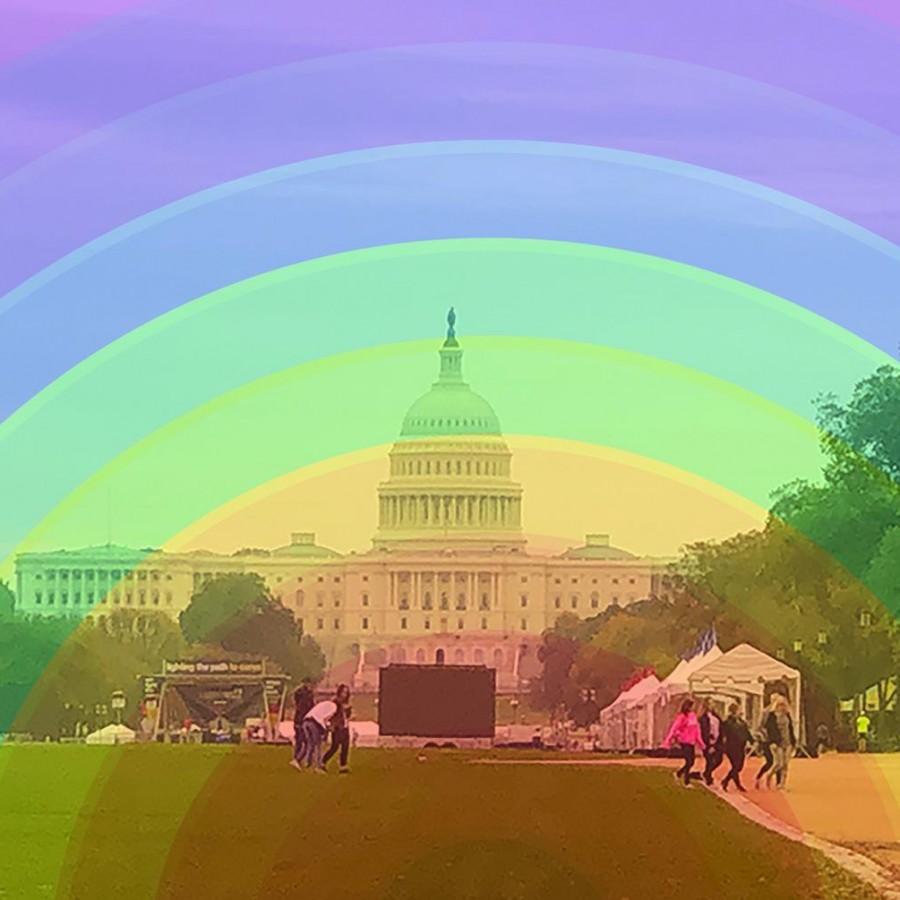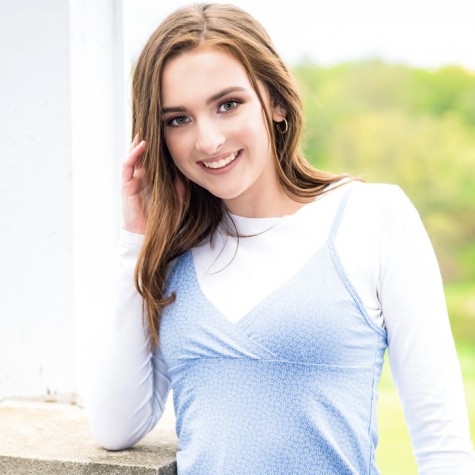In the not so distant history of the US, women fought endlessly for their equal rights, and the African-American community marched on Washington D.C. with their own similar agenda. And a new minority group is now rising to voice their rights in this country.
Those sought after rights are now in the hands of the Supreme Court of the United States (SCOTUS) to accept or deny the demands of the LGBTQ+ community.
Introduced in March of 2019 to the house floor, the Equality Act would be an extension to the Civil Rights Act but would add the LGBTQ+ community to its list of protectors. While the bill is favored 70 percent nationally, it is still legal in 28 states to be fired on the basis of sexual identity.
Senior Cienna Pangan expressed her opinion on the importance of the bill. “No one should have to lose their jobs because of their sexuality. Everyone deserves the right to love whoever they choose without it affecting their career or path in life; that is outright constitutional,” said Pagnan.
After the landmark decision for SCOTUS to legalize gay marriage in 2015, many supporters feel the time has come to protect all LGBTQ+ rights. However, the fate of the bill now lives in the Trump era.
With the appointment of two conservative justices, the court has swung to the right, leaving many wondering how the court will vote regarding the equality act.
However, as new voters and the LGBTQ+ community look for support and outreach from Washington, many feel current candidates are disregarding the issue. Democratic presidential candidates have had two opportunities to attend LGBTQ+ forums dedicated to policy and action to protect the country. However, several candidates, like Andrew Yang and Bernie Sanders, have failed to attend.
On Oct. 10, candidates had their second chance to participate in a LGBTQ+ forum. The topic is particularly pundit due to the Equality Act debate.
Only 10 of the 17 current democratic candidates in September attended the first LGBTQ+ forum. Out of the 10, only Sen. Elizabeth Warren came to the stage with a proposal for creating further protection on the LGBTQ+ community.
Pangan thinks that the topic should be of greater concern to those running in the upcoming election. “If presidential candidates aren’t prioritizing this bill by attending LGBTQ+ forums, they are conveying that protecting LGBTQ+ rights is not an urgent concern,” she said.
In each monumental civil rights advancement, action from political figures has been a key factor. It is up to each Democratic candidate to decide if they will seize this unique opportunity to be a part of creating greater equality within America.









